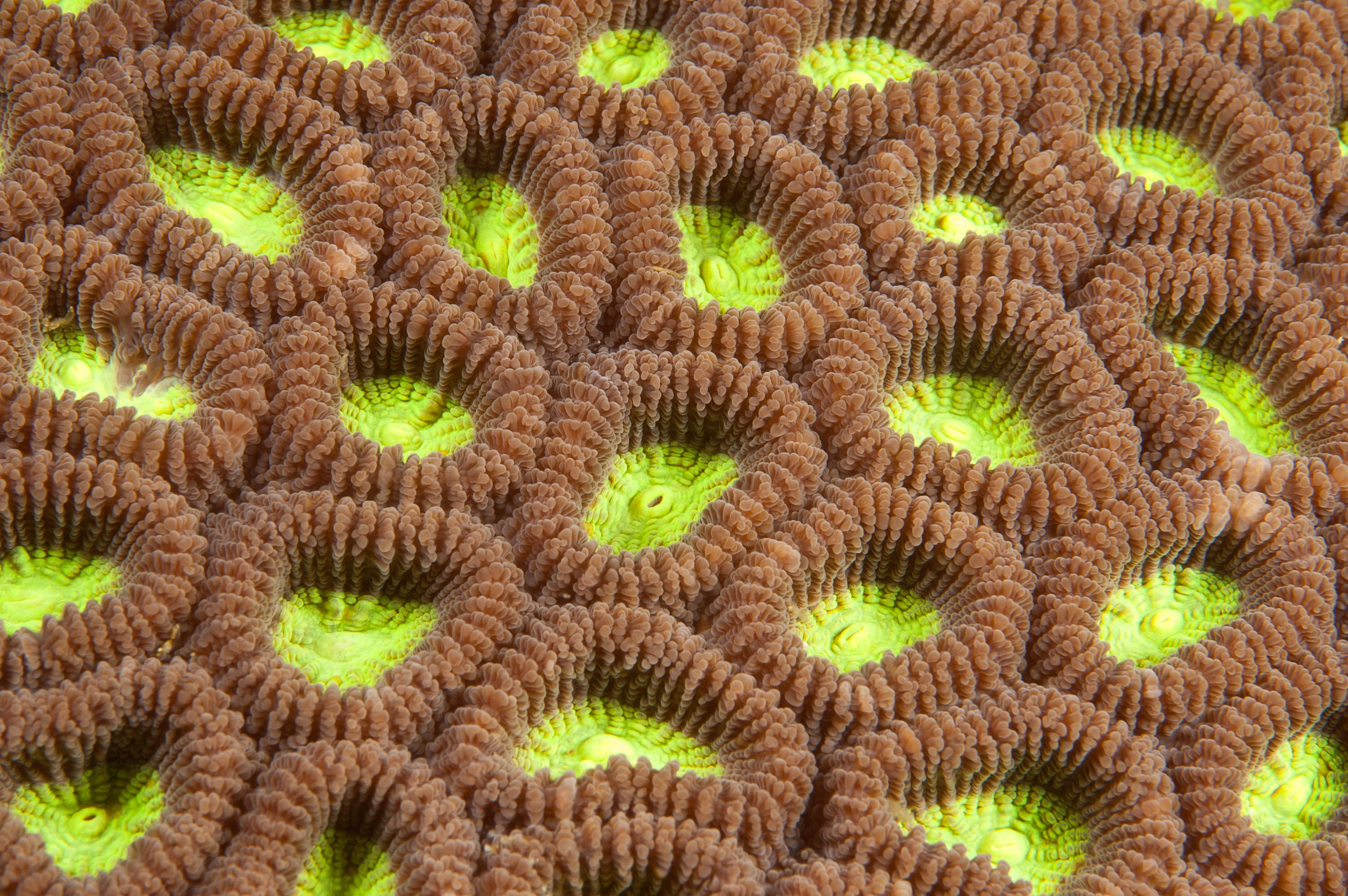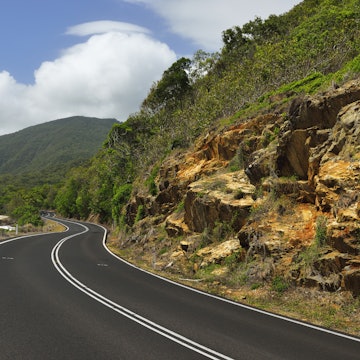

Here are some ways to help you be a reef-safe traveler. Richard Whitcombe / Shutterstock
It’s no secret that the world’s coral reefs are in serious trouble, their prospects threatened by everything from climate change to overfishing; in fact, scientists predict that without drastic action nearly all of these dazzling ecosystems could be gone by 2050.
But while the prognosis is grim, travelers can play a role in the campaign to save the reefs by changing their behaviour and making informed choices. Here are our tips on how you can help to ensure that these rainforests of the sea – from the Coral Triangle to the Caribbean – can be enjoyed for generations to come.
Curb your plastic use
Saving the world’s coral reefs – which support a quarter of all marine species as well as half a billion people around the world – starts on dry land.
One of the biggest threats to marine life that play an integral role in the health of coral reefs is plastic, which never breaks down. Instead, it breaks up into tiny little pieces called microplastics. If the intact plastic doesn’t kill the marine life, the chemicals that latch onto these fragments can be severely toxic to animals that ingest them.
With five trillion pieces of plastic already thought to be bobbing about in our oceans, avoiding single-use items such as bags, bottles and straws can help to prevent adding to this colossal issue.
Choose eco-certified travel operators
Making an effort to choose the most responsible marine tourism operators while traveling can also help to save coral reefs. The first step is to ensure that operators are licensed and their guides are certified. Ideally, operators will also hold a form of national or international eco-certification.
If this information isn’t available on the company’s website, ask questions. How does the company educate guests about the local environment and marine life? What specific steps does it take to minimize its own impact on the local ecosystem? Does it run or assist in local conservation initiatives such as beach clean-ups? You might have to shell out a few more bucks to take a legitimate ecotour, but look at it as an investment in the environment.

Become a citizen scientist
A growing number of conservation foundations, national parks, and eco-friendly hotels worldwide run citizen scientist programs that allow everyday travelers to play an active role in contributing to the long-term protection of the world’s coral reefs.
For example, scientists monitoring Australia’s Great Barrier Reef – which covers nearly 348,000 sq km – rely on the Great Barrier Reef Marine Park Authority’s Eye on the Reef app, which allows users to upload images and recordings of coral bleaching events, stranded wildlife, and other developments that help to assist authorities in their conservation work.
Volunteer on a reef conservation project
A vast array of marine conservation projects are now offered by most major voluntourism organizations in destinations ranging from Indonesia to the Maldives, Fiji to The Azores.
Projects may see you assist in conservation initiatives including beach clean-ups, building community awareness, physical monitoring of coral reefs and marine life, and even replanting healthy coral fragments onto damaged or bleached reefs. With many projects including a scuba diving course, it’s a great way to give back to the reef while picking up your certification.

Look, but don’t touch
Comprised of hundreds of thousands of tiny animals called polyps, corals are more delicate than they may look. Take care to practise neutral buoyancy when scuba diving, and always be aware of your fins when you’re diving or snorkelling – stirring up sediment with your fins can smother corals, while simply touching corals can kill them. Even if a coral is not visibly harmed, the transfer of oils and bacteria contained on human skin can make these fragile invertebrates more vulnerable to disease and death.
Choose sustainable seafood
You can help to save coral reefs simply by making more informed decisions about what type of seafood you eat and when. About one-third of all saltwater fish species live at least part of their lives on coral reefs, and all play important roles in the health of these habitats. The overfishing of parrotfish and surgeonfish populations, for example, allows algae to grow unchecked, causing some coral reef ecosystems to morph from technicolour seascapes to fields of seaweed and rubble.
You can avoid being part of the problem by checking if your travel destination has a sustainable seafood guide (the World Wildlife Fund has free guides to more than 20 countries), and steering clear of out-of-season seafood offered on restaurant menus.
Use reef-safe sunscreen
A study of the US Virgin Islands published in 2015 revealed that common chemicals used in sunscreen were to blame for killing local coral reefs. The worst offender was found to be oxybenzone which can damage coral DNA, rendering healthy-looking corals sterile. Oxybenzone and other UV-absorbing compounds (including methoxycinnamate) can also cause bleaching by lowering the temperature at which corals will bleach when exposed to prolonged heat stress.
Even some ingredients found in "natural" or "organic" sunscreens can be toxic. Lavender and eucalyptus, for example, have applications as insect repellents, suggesting they may also be toxic to invertebrates. With a growing number of sunscreen brands now actively avoiding these harmful ingredients, it’s easier to make more reef-safe choices.
Avoid coral products
Coral can take decades to reach maturity, and if it is harvested, surrounding coral beds often do not recover. The prized red coral colonies of the Mediterranean, for example, now only yield an estimated 25% of their original harvest.
Thus, by purchasing coral jewellery (which many of the world’s leading jewelry brands, including Tiffany & Co, no longer sell) and other types of coral souvenirs on your travels, you are effectively contributing to the decline of corals around the world. Collecting dead coral fragments off the beach to take home with you is also illegal in some countries.
Article first published in January 2018, and last updated in November 2020.














